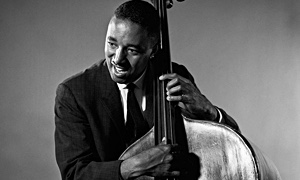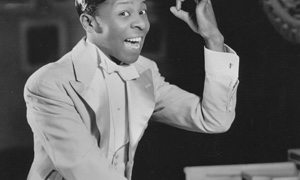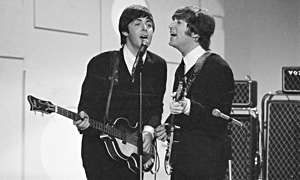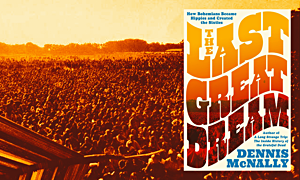Home » Jazz Articles » Book Review » The Musings of Matthew Shipp: Black Mystery School Piani...
The Musings of Matthew Shipp: Black Mystery School Pianists And Other Writings
Mystery School pianists have developed profound ways of generating sound out of the instrument, grounded in a technique they inventedЎӘone that cannot be taught in school.
—Matthew Shipp
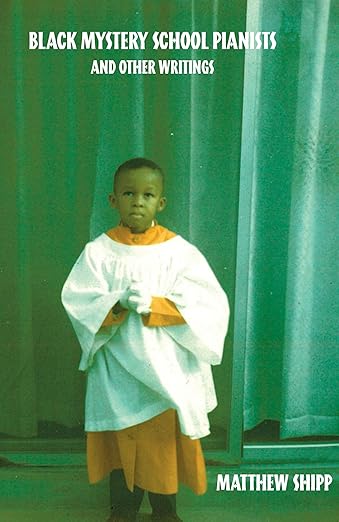 Black Mystery School Pianists And Other Writings
Black Mystery School Pianists And Other Writings Matthew Shipp
93 Pages
ISBN: # 978-1-57027-435-0
Automedia
2025
Whether you own one Matthew Shipp album or 250, his music inevitably raises the question: Where does his artistic vision originate? Understanding any artist is complex, but with someone as innovative as Shipp, deciphering his musical DNA is an especially intriguing pursuit.
Anyone who has followed Shipp on social media knows he is an outspoken critic—not just of American conservative politics but also of conservatism within jazz itself. To say he is unfiltered would be an understatement. In interviews, he has never hesitated to critique presidents, "neo-con" musicians, and the institutions that uphold the status quo.
This slim volume collects Shipp's writings, along with a transcript of his 2017 lecture at

John Zorn
saxophone, altob.1953

William Parker
bassb.1952

Lawrence "Butch" Morris
cornet1947 - 2013

Jemeel Moondoc
saxophone, altob.1951
Shipp arrived in this artistic crucible with a background in classical training and a deep love of jazz, instilled by his parents. His mother, a friend of

Clifford Brown
trumpetb.1930

Rob Brown
saxophone, altob.1962

David S. Ware
saxophone, tenor1949 - 2012
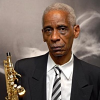
Roscoe Mitchell
saxophoneb.1940

Ivo Perelman
saxophone, tenorb.1961

Evan Parker
saxophone, sopranob.1944

Joe Morris
bass, acousticb.1955
Much of his career has been explored in previous books, including Logos and Language: A Post-Jazz Metaphorical Dialogue (RogueArt, 2008) by Steve Dalachinsky and Singularity Codex: Matthew Shipp on RogueArt (RogueArt, 2023) by Clifford Allen. But this collection offers something different—Shipp's thoughts in his own words.
The book features personal reflections on musicians he admires, diary-style notes from his tours, musings on the connection between boxing and jazz, life in New York, and his ongoing philosophical exploration of improvisation.
Shipp profiles a range of influential figures, including David S. Ware,

Wayne Shorter
saxophone1933 - 2023
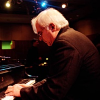
Paul Bley
piano1932 - 2016

Sun Ra
piano1914 - 1993

Thelonious Monk
piano1917 - 1982

John Coltrane
saxophone1926 - 1967
In the title essay, Shipp expands on his philosophy, writing, "Mystery School pianists have developed profound ways of generating sound out of the instrument, grounded in a technique they invented—one that cannot be taught in school." Though his music is now studied in academic settings, he designates Monk as the spiritual father of this lineage. His list of Mystery School pianists includes eight core members, with a few tentative additions. Interestingly, his definition excludes most free jazz pianists but does include

Cecil Taylor
piano1929 - 2018
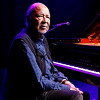
Dave Burrell
pianob.1940
The book's remaining essays and the Zero Lecture delve into Shipp's search for the deeper mysteries of improvisation. He draws on a broad spectrum of influences—Christian and non-Christian spirituality, science, and mathematics. Between allusions to angels and DNA, he hints at a discovery that transcends known dimensions. His concept of "Zero" parallels the way the Sumerians first defined the numeral in ancient Babylon—something seemingly nonexistent to the Greeks before them. In this metaphor, Shipp's music, like zero, is both nowhere and everywhere, waiting to be uncovered.
Tags
Comments
PREVIOUS / NEXT
Support All About Jazz
 All About Jazz has been a pillar of jazz since 1995, championing it as an art form and, more importantly, supporting the musicians who make it. Our enduring commitment has made "AAJ" one of the most culturally important websites of its kind, read by hundreds of thousands of fans, musicians and industry figures every month.
All About Jazz has been a pillar of jazz since 1995, championing it as an art form and, more importantly, supporting the musicians who make it. Our enduring commitment has made "AAJ" one of the most culturally important websites of its kind, read by hundreds of thousands of fans, musicians and industry figures every month.




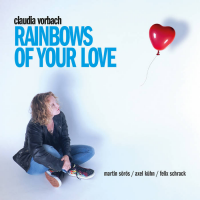

 Buy Now
Buy Now






